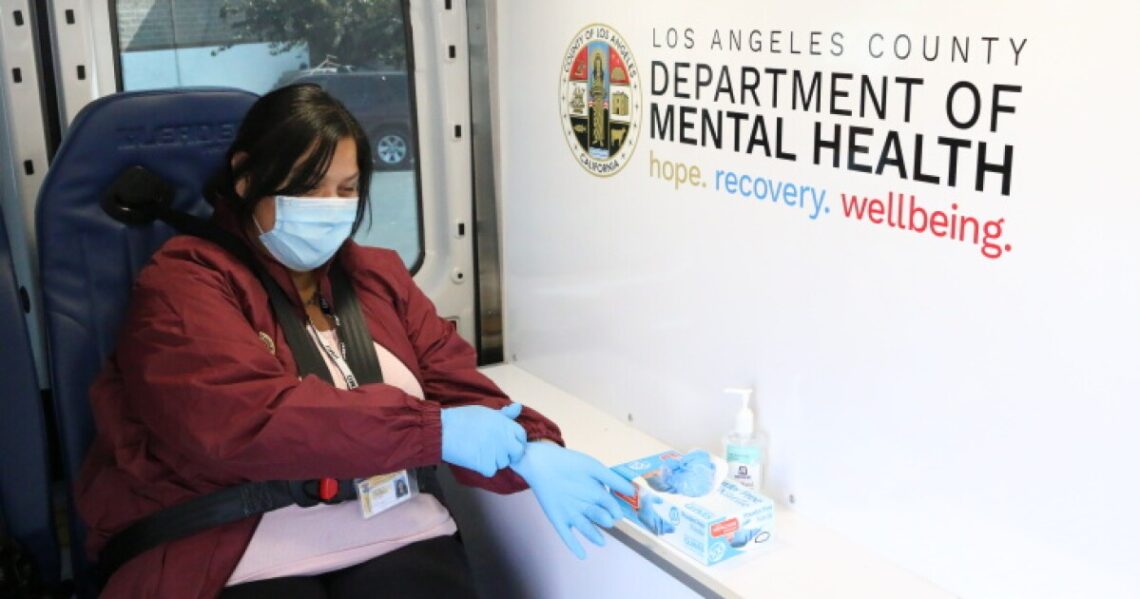In California, where large numbers of people with severe mental health challenges are living on the streets, a new bill is looking to broaden the criteria by which these individuals can be detained by the state.
If Senate Bill 43 passes, its supporters say it could prevent those in psychological distress from causing harm to themselves and others, as well as help keep them out of prison. But SB-43 has a coalition of critics, particularly among disabled and unhoused communities and human rights advocates.
A Dire Need
California State Senator Susan Talamantes Eggman, who authored SB-43, says her legislation would correct for changes made more than 50 years ago that narrowed the criteria authorizing the state to involuntarily commit people in psychological distress. That 1967 legislation, known as the Lanterman-Petris-Short Act, sought to limit inappropriate and indefinite institutionalization — but Eggman says the change in the law was not accompanied by a change in services to match the influx of struggling individuals.
“The system has failed a large segment of the population — and not only those needing help, but their families, their friends who struggle to be able to provide help for them,’” Eggman told LAist’s public affairs show, AirTalk, which airs on 89.3 FM. “So that’s why I think it’s time for us to really face the fact that what we put into effect in 1967 does not meet the reality of what we’re seeing right now in 2023.”
“It’s time for us to really face the fact that what we put into effect in 1967 does not meet the reality of what we’re seeing right now in 2023.”
— State Sen. Susan…
Read the full article here







